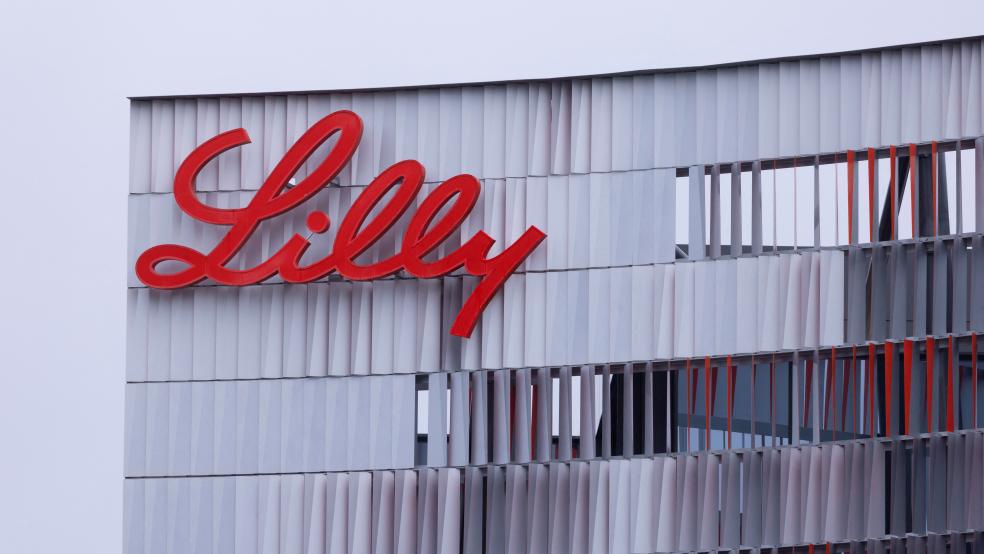Drugmaker Sanofi said Thursday that it will cut the list price of its most widely prescribed insulin by 78% and cap out-of-pocket costs for the drug at $35 a month for all patients with private insurance. The moves, set to take effect in 2024, come after Eli Lilly and Novo Nordisk made similar announcements. The three companies are the top manufacturers of insulin, with a combined 80% of the market.
The price reductions follow years of pressure from patients, politicians and advocates angered by the soaring prices of the drug needed by diabetics, many of whom resorted to rationing doses as they struggled to afford their medication. The Inflation Reduction Act passed by congressional Democrats last year limited the monthly cost of insulin for Medicare beneficiaries to $35, adding to the pressure.
“Sanofi is the latest company to recognize that charging hundreds of dollars for insulin that costs $10 to produce is just wrong, especially when the lives of so many children, parents, and grandparents depend on it,” President Joe Biden said in a statement.
But as a number of publications have pointed out, the pricing changes by drugmakers aren’t entirely altruistic. “The companies said they decided to lower costs to ensure that patients could afford their medications. But Novo Nordisk and Sanofi's changes kick in on Jan. 1 and coincide with the elimination of a cap that limits how much manufacturers have to rebate Medicaid,” Oriana González writes at Axios. “Eli Lilly, Sanofi and Novo Nordisk's new low costs will save them from owing the government millions.”
The Medicaid rebate reforms were part of the American Rescue Plan Act of 2021. The changes could have cost insulin makers millions. By contrast, cutting their insulin prices now could actually help them make money from Medicaid.
“By dropping the cost of its Humalog and Humulin insulins, Lilly could sidestep $430 million per year in new Medicaid rebates and make more than $85 million in new annual profit,” Bloomberg’s Ilena Peng and Emma Court reported this week, citing an analysis by Spencer Perlman, the director of health-care research at Veda Partners. “Novo, meanwhile, could avoid about $350 million in new 2024 rebates on [insulin products] NovoLog and Levemir and add earnings of nearly $210 million, Perlman said. He estimated that both companies currently earn nothing on Medicaid sales.”





